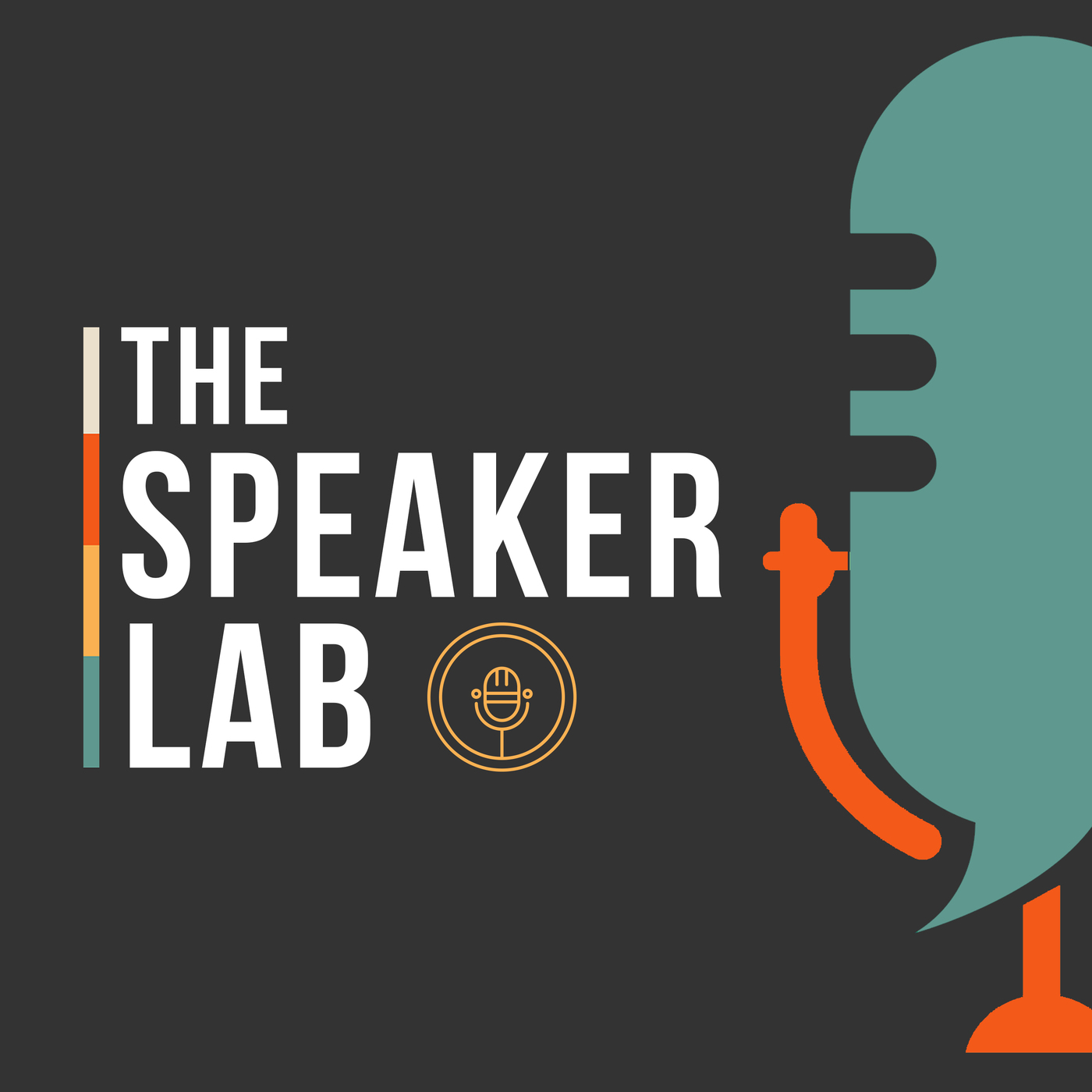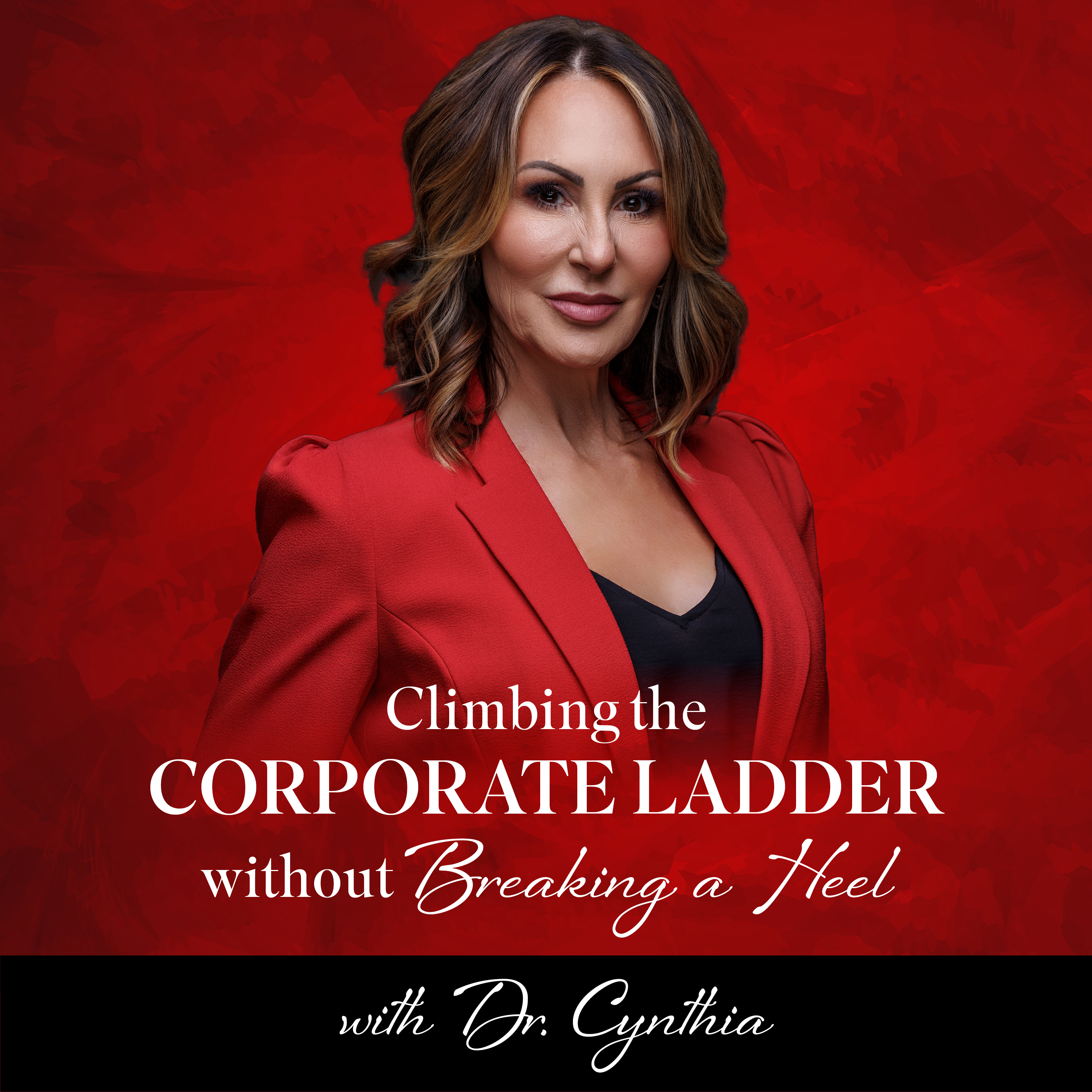
Delay the Binge™ with Pam Dwyer
Formerly The Plus One Theory Podcast, this show has evolved into Delay the Binge™, where we explore the small, powerful shifts that help you pause with purpose, break painful patterns, and reclaim who you are.
Delay the Binge™ with Pam Dwyer
Episode 25: Mindset First, Weight Loss Second: A Bariatric Journey
Weight loss requires more than physical changes, it demands a mental shift that starts in your head and continues with small steps toward sustainable health.
• The Plus One Theory focuses on adding one more positive choice, step, or belief to finish stronger than you started
• Weight loss requires more than surgery, medication, or coaching, it needs mindset transformation
• At nearly 300 pounds, my health deteriorated with migraines, infections, and high blood pressure
• Bariatric surgery became my tool, not my solution, after nearly dying from surgical complications
• The bariatric lifestyle requires strict portion control, hydration, protein intake, and supplement regimens
• Obesity is a disease, not a character flaw or simple choice
• Small mindset shifts work better than any diet plan for sustainable weight management
• Practical strategies include pre-portioning snacks, packing half restaurant meals before eating, and food journaling
• Overcoming shame is essential, you are not defined by your regain or slip-ups
• Support the Plus One Theory book and workbook through our crowdfunding campaign at this link!
Join me at the Seger Circle support group hosted by Seger MD Wellness and Weight Management on June 2nd at 6:30 for more on the three M's of bariatric success (Mindset, Motivation, Maintenance)
An Inspiring Evening with Pam Dwyer
When: 6/2/25 6:30pm CST
Where: Virtual
Topic: "Mindset of Weight Loss - It Starts in Your Head"
This is Delay the Binge™, formerly The Plus One Theory Podcast
Delay the Binge™ is a trademark of TPKK Concepts LLC.
© 2025 Pam Dwyer. All rights reserved.
Learn more: DelayTheBinge.com
Storytelling that transforms. Healing that lasts.
From bestselling author Pam Dwyer (PJ Hamilton).
Books + speaking: PamDwyer.com
Hey everyone, welcome to the Plus One Theory podcast. If you're new here, I'm Pam Dwyer and this podcast it's all about finding real strength in small steps. That's what the plus one theory is doing your best and then adding just one more, one more choice, one more step, one more ounce of belief in yourself. It's how we finish stronger than we started. Before we dive in, let me just say I'm not a doctor or a mental health expert. I'm just someone who's been through the fire and found a way out. What I share here is what's helped me, and I hope it gives you something real to take with you. Today's episode is all about mindset, because here's the truth. That took me years to understand Weight loss. Well, it isn't just physical, it's emotional, it's mental, it starts in your head. You can do all the right things take the medications, have the surgeries, hire the coach but if your mindset hasn't shifted, that change is not going to stick, and that's what I want to talk about today.
Speaker 1:I used to weigh nearly 300 pounds. I was exhausted, sick and honestly, I felt like I had no way out. My health was failing migraines that knocked me out for days, gut infections, high blood pressure, no energy and deep, painful shame. I felt like I had failed. Again and again I'd gain weight, I'd lose weight. I'd gain more weight and lose a little less weight. It was just this roller coaster weight and lose a little less weight. It was just this roller coaster. Doctors didn't always believe me when I told them that I was still feeling horrible and they would say well, your labs look great, except for your high blood pressure. And one even told me once you just need therapy, pam, and you know what? Maybe I did. But what I really needed was someone to listen, to believe me, to help me see that I wasn't crazy or lazy or broken. I was struggling and I needed a way through, chose, yes, bariatric surgery, not because it was easy, but because I needed a tool to help me make the changes. I couldn't do on my own at that point, and even that didn't come easy.
Speaker 1:I had complications with the surgery. I almost died and it was terrifying. The staples didn't hold and it was because of the conditions of my stomach and gut tissues from all the bacterial infection of H pylori. It had done that much damage. So, anyway, the staples didn't hold and everything fell apart inside of me, kind of like a like a jigsaw puzzle. So I bled out like 40% of my blood but nothing. But my doctor saved my life. He went back in and sutured it by hand, which he told me he hasn't done in a very long time. But he and the other surgeons have never seen anything like that. So that's the one percenter in Pam. Every surgery I've ever had there's been some sort of weird unseen complication. I don't know what that's all about, but I always tell the doctor doing the surgery well, I'm your one percenter. They just laugh and say I know you feel that way, but it's not going to happen. And then it happens. But here's the thing that saved me.
Speaker 1:I stopped seeing the surgery as the fix. I saw it as the tool, the real change that came from inside me. Before surgery I convinced myself I was doing everything I could to lose the weight. But deep down I knew I wasn't. I was tired, I was hurting and I didn't believe that I deserved better. What changed was my mindset. I started to see myself differently. I realized that I'm not a failure, I'm a fighter. I've survived a lot and now I get to take my next step. That's where the plus one theory came in. One more step. One more small win, one more I've got this. So the transition into a bariatric style of living is a big deal, I mean. That's why it takes a good year before you have the surgery for insurance, to feel comfortable enough that you have all the conditions that are risky for you and also that you can. You can actually handle the new lifestyle.
Speaker 1:New lifestyle what is that? If some of you don't know, it means eating four ounces of food at one sitting, no fluid at all. You can't drink anything for an hour after you eat, you are to consume at least 64 ounces of water no sugar, no carbs, high protein, like 120 grams of protein. So I don't know if anyone ever thinks about drinking that much water when all you can do is take a sip. You only have a four ounce pouch, so you can't, you know, drink a lot of water at once. You have to sip on it all day long, so it's difficult to get all the water in the proteins, you know.
Speaker 1:And then there's the supplements. Don't get me started on that. And then there's the supplements. Don't get me started on that. You know, the part of your gut that processes nutrients has been bypassed. So now it's critical that you take your supplements and you need to each year at least every year have all of that checked, because how do you know if you're taking enough of vitamin B's or vitamin D's or vitamin E's? Are you consuming enough calcium? Are you following all the rules? Don't eat food with the calcium. But it's just a constant state of awareness, which I wouldn't have been almost 300 pounds if I knew how to do that, been almost 300 pounds if I knew how to do that. So they do try to teach you and educate you about what will need to happen. The tool will hold you accountable. It's no longer well, I could eat this this one time. Nope, if you eat the wrong amount of food or the wrong type of food, it literally makes you sick. That's what the tool is all about. It holds you accountable.
Speaker 1:A lot of my friends and family they gave me a hard time, a lot of fat shaming. You know like you're cheating. You're taking the easy way out. You know why did you cut your insides all up like that? That's ridiculous. So I would always tell them well, what? If I had cancer, I would take the radiation treatments. Do the best thing I can to try and kill the cancer treatments do the best thing I can to try and kill the cancer. But if I couldn't and I was still going to die I would remove whatever has the cancer, an organ, a piece of my body, whatever it takes to get rid of that cancer, to eliminate it. So I look at a gastric bypass. That's similar. In a similar way. It's like removing a big portion of your stomach, almost like it has cancer. I'm getting rid of the issue of the problem that is trying to kill me. So when I give them that scenario they kind of understand me a little bit better.
Speaker 1:Can we talk about something that doesn't get said enough? Obesity is a disease. It's not about being lazy. It's not about loving junk food. It's not even just about having bad habits. It's deeper than that. Even after surgery, even after losing the weight, the risk of regain is real. The fat cells don't disappear y'all, they just shrink. And if we don't address the mindset behind why we gain the weight in the first place, we end up back where we started or worse. That's why small, intentional mindset shifts matter more than any diet plan out there. Okay, let's get practical here. Here are some plus one things I've done and still do to support my mindset and my health.
Speaker 1:I portion my snacks ahead of time. This is big because I'm a snacker, so no more eating like chips out of the big bag. So if I want to watch a movie, I used to just grab the big bag of chips and sit there and mindlessly eat the whole bag. So now what I do is I get the big bag of chips but then portion them out into little Ziploc snack bags. That way when I want chips I just grab a small, one size portion and watch the movie. I will mindlessly eat them as well, but at least it's a small portion and not the whole bag. At restaurants I ask for a to-go box before the meal arrives. I pack half of it up before I start, meaning I'm not going to sit there and visit with everyone I'm eating dinner with and mindlessly eat the entire plate. So what I do is I pack up half of it and put it to the side and then I can visit and eat my whole plate, but it's half the size. It's been very helpful for me to do that at the beginning of the meal.
Speaker 1:Also, journaling your food is critical, because it's not just what you eat but how you feel when you eat it. I learned from a podcast I listened to a lot that if you put two columns on the left side, you write in what you're going to eat that day, you plan it out, and then on the right side, in the second column, I write down what I actually ate. It's usually more than what I planned. It's not so much I stray from what type of food, but if I planned out a certain portion, I usually exceed that. I noticed, but only when I'm stressed or upset, happy, sad, whatever I'm feeling. It usually indicates that I'm emotionally stressed when I stray from my planned meals. So, anyway, just ask yourself what was going on in my head that day.
Speaker 1:This isn't about being perfect, it's about being aware. Educate yourself, figure out what's going on in my head, and that awareness is powerful. All right, let me be real Shame. Shame will steal every bit of progress you make. You are not your regain, you are not your slip ups, you are not your past. If we don't deal with the shame, we stay stuck. Your job is not to be perfect. Your job is to keep moving forward, one step at a time, to keep healing, to keep showing up for yourself because you're worth it. Give yourself a little grace.
Speaker 1:I want to invite you to something really special. I'll be speaking at the Seeger Circle, which is a support group that's hosted by SeegerMD Wellness and Weight Management. It's a space for people who get it, who knows what it's like to struggle with weight. I'll be sharing on the plus one theory and the three M's of bariatric success mindset, which we've been talking about today motivation and maintenance and that's going to be another two episodes, one on motivation and one on maintenance. I'm excited to do it. Y'all. I hope you listen in.
Speaker 1:So, whether you've had surgery or not, this talk is for anyone trying to get back on track and feel supported. For anyone trying to get back on track and feel supported, join us tomorrow, june 2nd, at 6.30, I believe I put the Zoom link in the episode notes. So please join us. You don't have to be a post-bariatric patient. You can be someone that's just on a weight loss journey and trying to figure it all out. Before I go, I want to remind you you can finish stronger than you started, no matter where you're starting from. Today, and if you've been looking for a way to support the Plus One Theory and get involved, I've launched a crowdfunding campaign to publish the full book and workbook. It only takes $5, $10, $20 to show your support and there are great rewards, especially for work teams or anyone who wants to dig deeper. Visit PamDwyercom or PamDwyerSpeakercom to learn more. Thanks for being here with me and remember give yourself grace, one small step at a time and always, always, finish stronger than you started.
Podcasts we love
Check out these other fine podcasts recommended by us, not an algorithm.

Unleashed
Hussein Hallak
Novel Marketing
Thomas Umstattd Jr.
Author Update
Thomas Umstattd Jr.
The Mel Robbins Podcast
Mel Robbins
Half Size Me
Heather A. Robertson
Delay the Binge™ with Pam Dwyer
Pam Dwyer
Brain over Binge Podcast
Kathryn Hansen
Finish the Damn Book Podcast
Susie Schaefer
The Speaker Lab Podcast
Grant Baldwin
Liberator
Susan Neal
The Creative Penn Podcast For Writers
Joanna Penn
Write Your Outcome
Michele Phillips
Memoir Nation
Brooke Warner and Grant Faulkner
